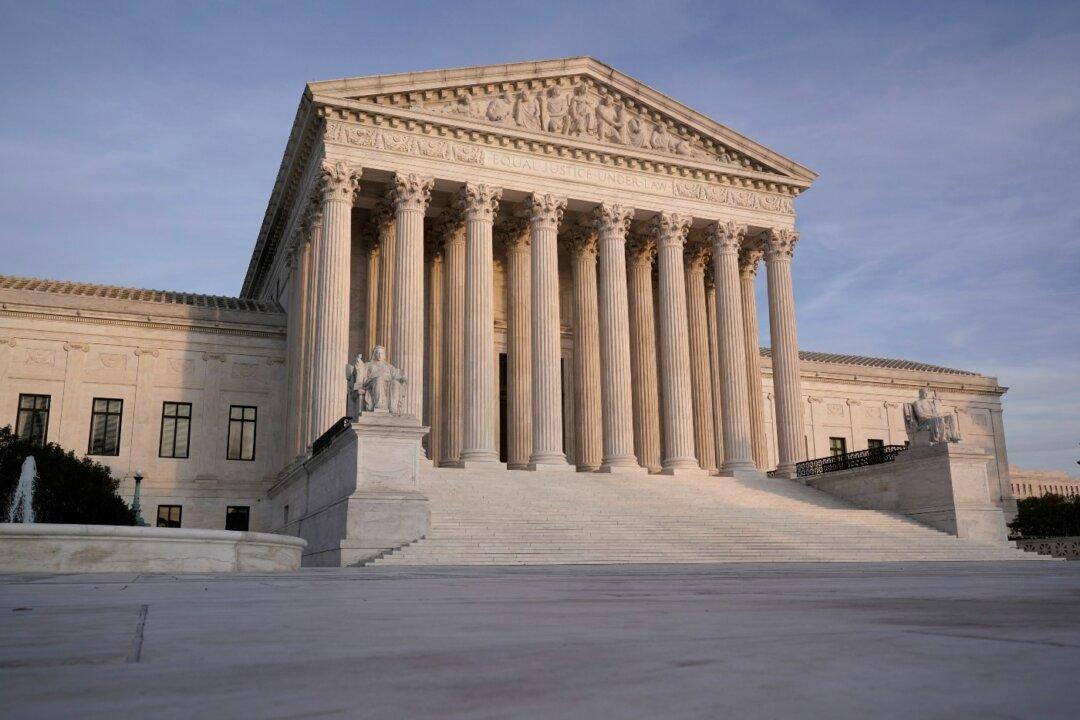A unanimous Supreme Court held that the courts must hear a challenge to a San Francisco ordinance forcing landowners to provide lifetime leases to tenants, overturning a ruling by the often-reversed U.S. Court of Appeals for the 9th Circuit.
The case, Pakdel v. City and County of San Francisco, court file 20-1212, was disposed of without oral arguments on June 28 in an unsigned opinion.





